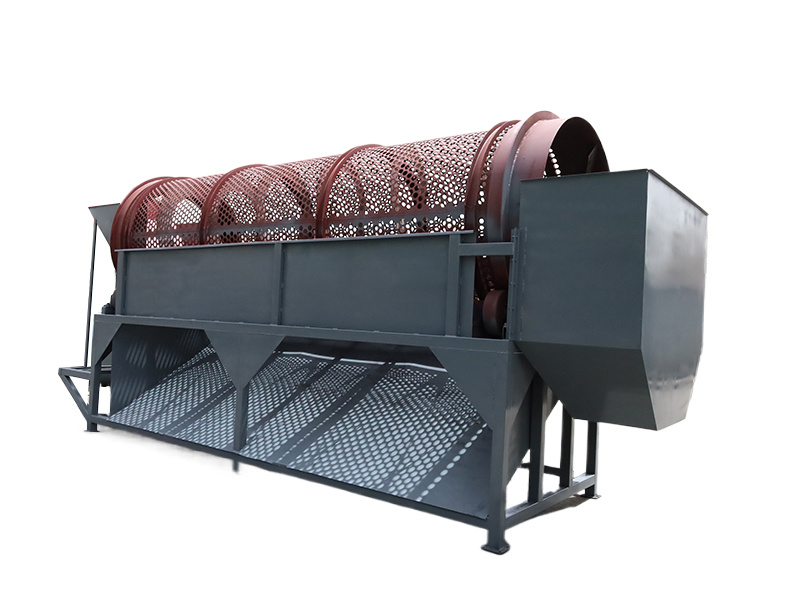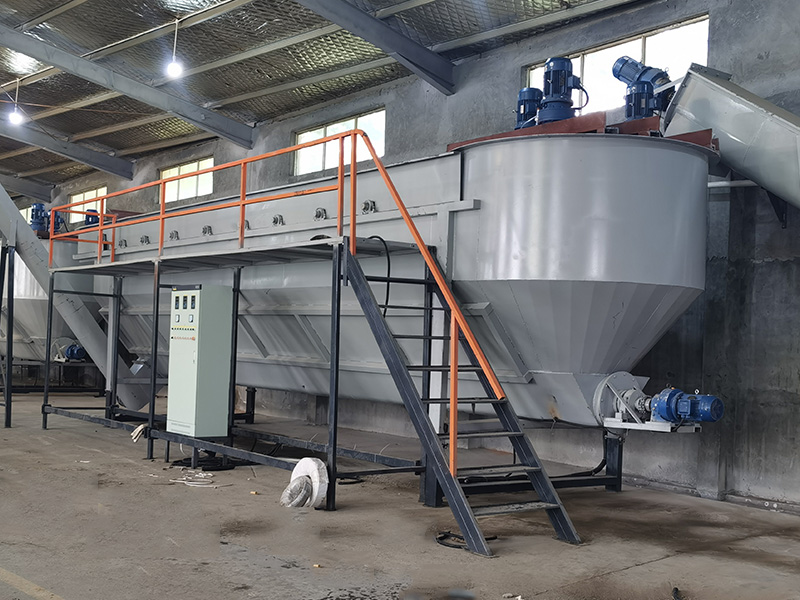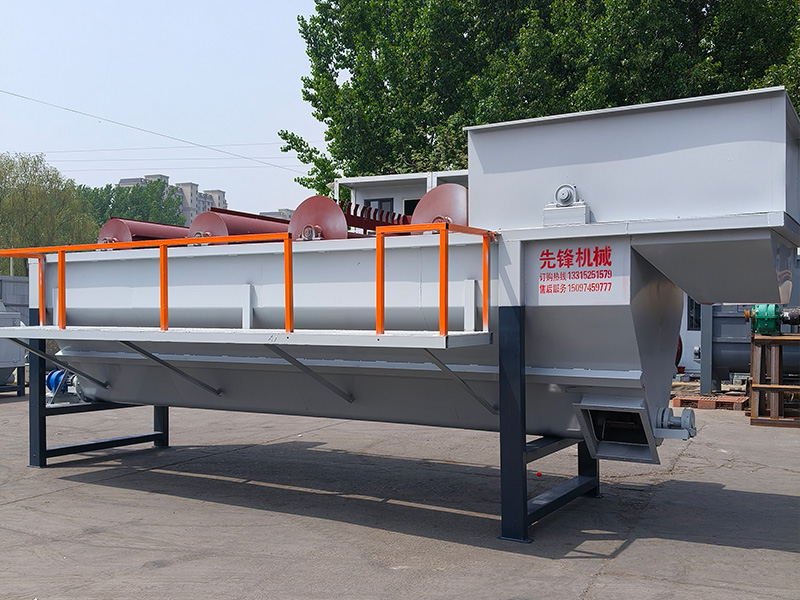Unlocking the Potential of Plastic Waste Valorization in China
Plastic waste valorization refers to the conversion of plastic waste into valuable products or energy, addressing both environmental concerns and economic opportunities. In China, a nation grappling with mounting plastic waste issues, innovative approaches to plastic waste valorization are gaining traction. The country's rapid industrial growth has led to increased plastic consumption, making effe
Jun 18,2025

Plastic waste valorization refers to the conversion of plastic waste into valuable products or energy, addressing both environmental concerns and economic opportunities. In China, a nation grappling with mounting plastic waste issues, innovative approaches to plastic waste valorization are gaining traction. The country's rapid industrial growth has led to increased plastic consumption, making effective waste management an urgent priority.
One prominent method of valorization is mechanical recycling, which involves collecting, sorting, and processing plastic waste into reprocessable materials. This process not only reduces the amount of waste sent to landfills but also conserves natural resources by minimizing the need for virgin plastic production. Advances in plastic processing machinery are vital to enhancing the efficiency of this method, allowing manufacturers to develop higher quality recycled products.
Another promising avenue for plastic waste valorization in China is chemical recycling. This method breaks down plastics into their original monomers, enabling the creation of new, high-quality plastic materials. Chemical recycling can handle a broader variety of plastics compared to mechanical recycling, including those that are often deemed non-recyclable. This technology requires sophisticated processing equipment, which presents opportunities for innovation within the manufacturing sector.
Moreover, converting plastic waste into energy through processes such as pyrolysis is gaining attention as a viable valorization method. Pyrolysis involves heating plastic waste in the absence of oxygen, breaking it down into fuels and other useful chemicals. This process not only helps in managing waste but also contributes to energy production, thereby addressing two pressing global challenges: plastic pollution and energy scarcity.
The valorization of plastic waste in China is not merely an environmental solution; it also positions businesses to tap into a growing market focused on sustainability. As consumers and businesses increasingly prioritize eco-friendly practices, manufacturers equipped with advanced plastic processing machinery can meet this demand, thereby enhancing their competitive edge.
In conclusion, plastic waste valorization in China presents a significant opportunity for innovation and growth within the manufacturing and processing machinery industry. By embracing advanced recycling technologies and sustainable practices, businesses can play a crucial role in transforming plastic waste from a burden into a valuable resource, ultimately contributing to a more sustainable future.
One prominent method of valorization is mechanical recycling, which involves collecting, sorting, and processing plastic waste into reprocessable materials. This process not only reduces the amount of waste sent to landfills but also conserves natural resources by minimizing the need for virgin plastic production. Advances in plastic processing machinery are vital to enhancing the efficiency of this method, allowing manufacturers to develop higher quality recycled products.
Another promising avenue for plastic waste valorization in China is chemical recycling. This method breaks down plastics into their original monomers, enabling the creation of new, high-quality plastic materials. Chemical recycling can handle a broader variety of plastics compared to mechanical recycling, including those that are often deemed non-recyclable. This technology requires sophisticated processing equipment, which presents opportunities for innovation within the manufacturing sector.
Moreover, converting plastic waste into energy through processes such as pyrolysis is gaining attention as a viable valorization method. Pyrolysis involves heating plastic waste in the absence of oxygen, breaking it down into fuels and other useful chemicals. This process not only helps in managing waste but also contributes to energy production, thereby addressing two pressing global challenges: plastic pollution and energy scarcity.
The valorization of plastic waste in China is not merely an environmental solution; it also positions businesses to tap into a growing market focused on sustainability. As consumers and businesses increasingly prioritize eco-friendly practices, manufacturers equipped with advanced plastic processing machinery can meet this demand, thereby enhancing their competitive edge.
In conclusion, plastic waste valorization in China presents a significant opportunity for innovation and growth within the manufacturing and processing machinery industry. By embracing advanced recycling technologies and sustainable practices, businesses can play a crucial role in transforming plastic waste from a burden into a valuable resource, ultimately contributing to a more sustainable future.
TAG:
Contact Us
E-mail :
Phone/WhatsApp:
Address:
Shunping, Baoding City, Hebei Province









